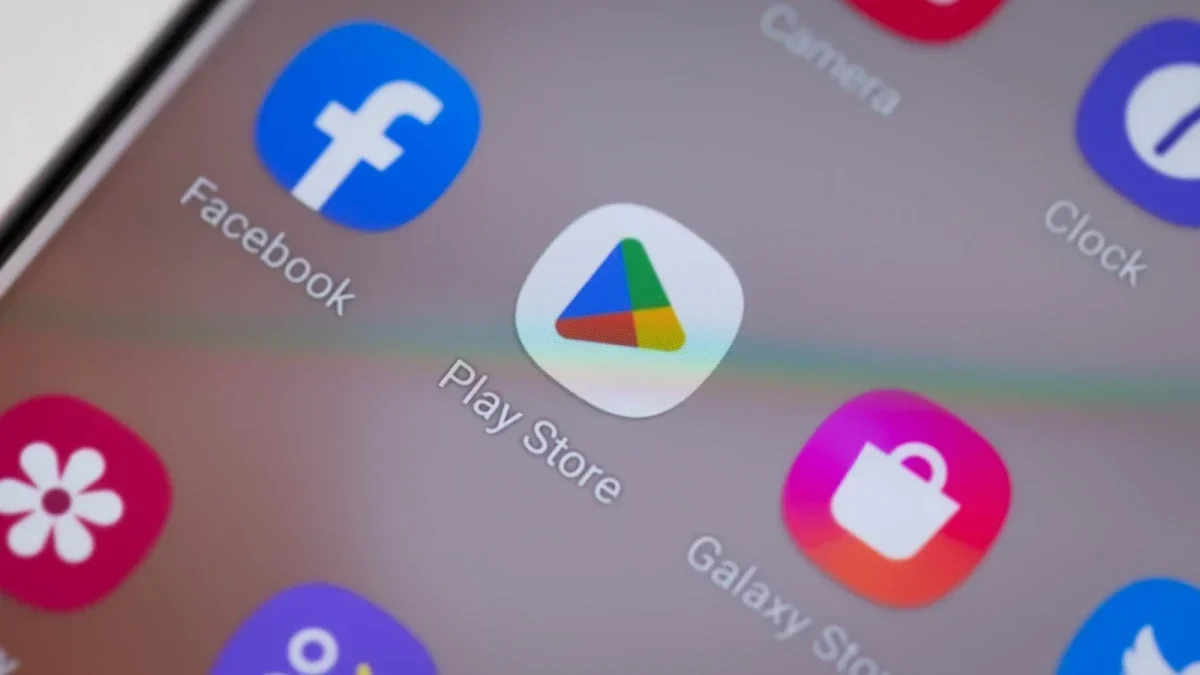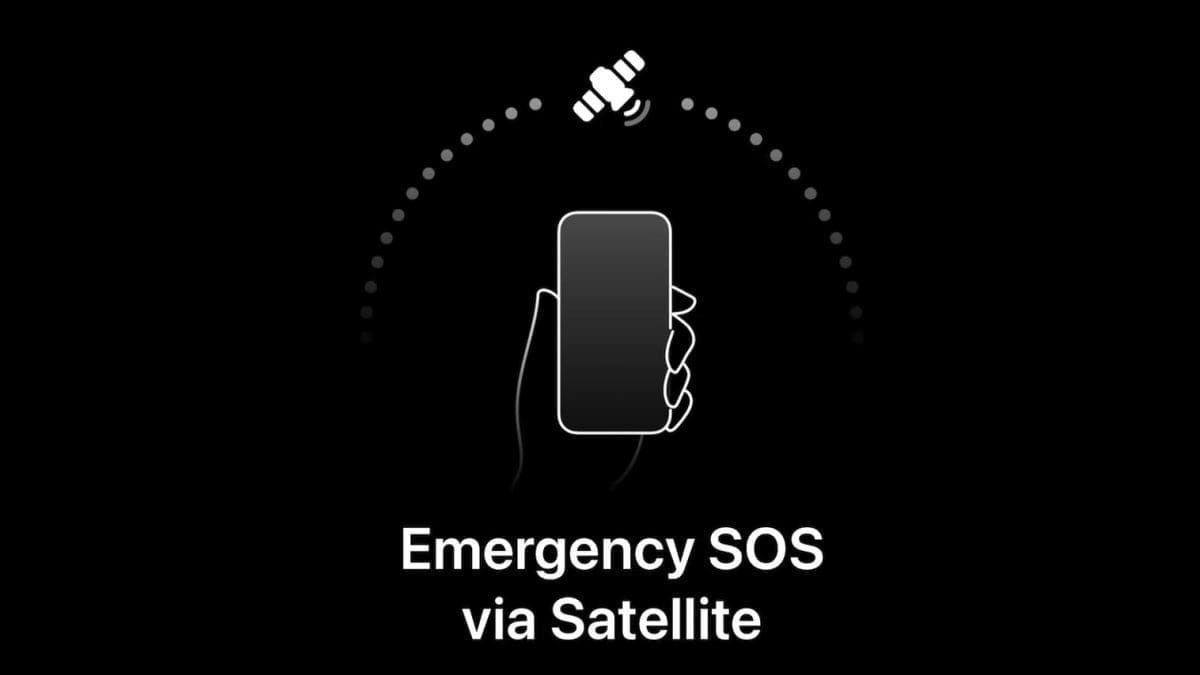In a landmark antitrust case, a federal jury ruled that the Google Play Store had violated antitrust laws. The jury in Epic v. Google found that Google’s in-app payment processing platform and the process of distributing Android apps were run as monopolies. Epic sued Google after the game developer was removed from the Play Store, along with its popular Fortnite game, for promoting its own in-app payment processing system that violated Play Store rules.
According to a report by Bloomberg, Google contemplated changing the in-app payment processing platform, which took a 15% to 30% share of in-app revenue. This potential change, known as Project Everest, was revealed in documents released as part of the Epic v. Google antitrust suit. Google found itself in a difficult position, as it was concerned about regulatory overreach if it made no changes to the Play Store’s in-app payment processing platform. On the other hand, making changes to the platform could substantially impact the company’s revenue.
Google employees considered the idea of having app developers handle in-app payment processing themselves in exchange for paying Google a lower fee. However, Google calculated that this option would reduce annual Play Store revenue by $250 million to $1.3 billion. Additionally, Google also announced the terms of a settlement made back in September with all 50 states, the District of Columbia, and two US territories for $700 million. From this settlement, Play Store customers will receive a minimum of $2 each.










